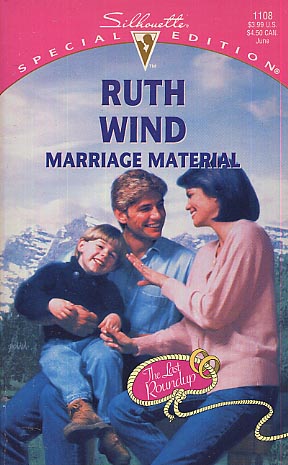


The media took issue with it and, as was so often the case, Commissioner Bowie Kuhn followed what the media told him he should do and told the Braves that he expected Aaron to play at least two of the three games in Cincinnati. The Braves were scheduled to begin the 1974 season on the road in Cincinnati and, as the season approached, the team announced that they would not play Aaron in that series so that he would not tie or break the record until the Braves’ could get back to Atlanta. Separate and apart from all of that, Aaron’s approach to Ruth’s record was surrounded by controversy.Īaron had finished the 1973 season with 713 homers, one shy of The Bambino.

To this day, Aaron will remind you of that side of American culture, and will remind you that it still exists, even if a lot of us want to pretend it’s ancient history. A few years ago Emory University presented an exhibit of many of those letters entitled “He Had a Hammer: The Legacy of Hank Aaron in Baseball and American Culture,” and the examples presented were odious. You probably also know how stressful and harrowing it was for Aaron in the months and years before he passed Ruth.Īaron received around a million pieces of correspondence in the early to mid 70s, and a great many of them were filled with threats, hate, and racism from people who did not want to see a black ballplayer break baseball’s most notable record. As reader Richard Mann reminds us, “Actually, Ruth’s mark of 714 had stood since 1935, but he’d held the MLB record since 1921, when he passed Roger Connor’s record of 138.” If you’re reading this site you like baseball and if you have an even passing acquaintance with baseball history you know that on April 8, 1974, Hank Aaron hit his 715th career home run, passing Babe Ruth, who had led in that category since he laid down his bat for good early in the 1935 season.

This is one of those entries that doesn’t require a bunch of explanatory background.


 0 kommentar(er)
0 kommentar(er)
